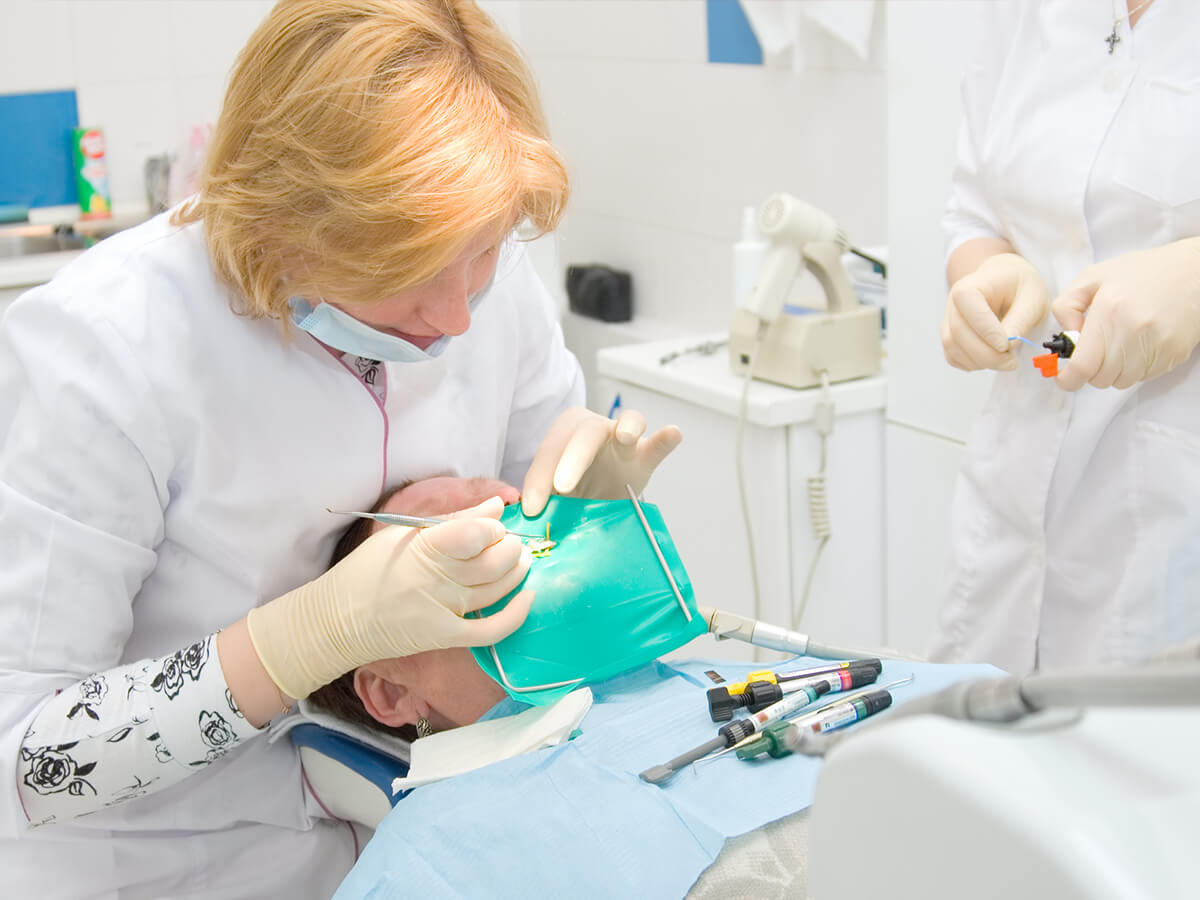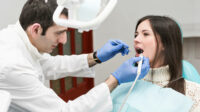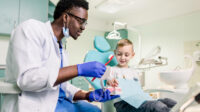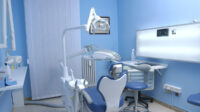The importance of leading a more eco-friendly lifestyle is becoming more relevant every day. Phrases such as Earth Day is Every day and Re-use, Recycle and Reduce are becoming more commonplace and so is the rise of the zero-waste movement which strives to reduce plastic waste and encourages opting for reusable products. As more people are implementing that mentality into their lives, the healthcare industry has been slow to adopt these practices due to sanitary guidelines they must follow to protect themselves and their patients. Nevertheless, some healthcare settings such as dental offices, are striving to adopt green habits in their practices to reduce waste and conserve energy where they can.
The ADA’s Green Tips For Dental Practices
To help dental practices become more environmentally friendly, the American Dental Association compiled a list of “80 Ways to Make Your Dental Practice Green”. They vary from general green tips that anyone can implement, to some that are specific to dental practices. Here are just a few the green dental practice tips from the ADA:
- Recommend or provide samples of all-natural oral care products
- Send appointment reminders by email or phone
- Purchase and wear organic or eco-friendly scrubs
- Put indoor plants around the office
- Hand out patient giveaways in degradable bags or no bags at all!
- Invest in solar electric panels and water heaters
- Switch toilets out to water-saving ones
- Install energy-efficient appliances (hand dryer versus paper towels)
- Hook up motion detectors and timers for lights
- Invest in a central vacuum that uses no water and has an amalgam trap
- Order biodegradable disposable cups instead of paper cups OR NO CUPS at all
- Make it a rule that disposable plastic barriers are only used when necessary
- Switch to stainless steel prophy heads with disposable prophy cups
- Use shredded paper for packaging material
- Replace office ceiling lights with energy-efficient fluorescent lighting
- GO PAPERLESS-use virtual office systems for patient charting, billing, and radiography
Dentistry Personal Protective Equipment Standards
It is important to understand that dentistry is a healthcare profession and we ultimately have to abide by the rules implemented by the Occupational Safety and Health Administration (OSHA). The profession of dentistry involves close contact with bodily secretions specifically blood and saliva from patients. Therefore, it is highly recommended and regulated that dental health care providers wear their personal protective equipment (PPE) at all times to protect themselves and their future patients. Disposing of PPE after each patient can be concerning from an environmental point of view. Admittedly, dental offices produce a lot of waste, but it is necessary to protect and prevent cross-contamination. However, if dental offices opt to follow other eco-friendly practices like the list above, they can do their part in protecting the Earth.
Green Tips for Dental Patients
Another way dental professionals can pitch in to protect the planet is by educating and encouraging their patients on being eco-friendly when it comes to their dental health. Here are just a few green dental tips that dental personnel can offer to their patients:
- Turn the water off while brushing their teeth to encourage water conservation
- Use recyclable or eco-friendly dental products
- Products made of natural materials such as bamboo and silk
- Learn how to properly recycle products by contacting local recycling facility or reuse your products like the toothbrush as a cleaning tool or for fun painting activities
- Find a dental office that implements green habits or have them encourage their dentist to be more eco-friendly!
When small steps and actions are taken by a group of individuals, it can lead to and impact a massive change to our environment locally and globally.
Getting ready to take your dental board exam? BoardVitals can help you prepare with online comprehensive dental question banks for the NBDE Part 2 exam, INBDE exam, as well as the NBDHE exam for dental hygienists.





